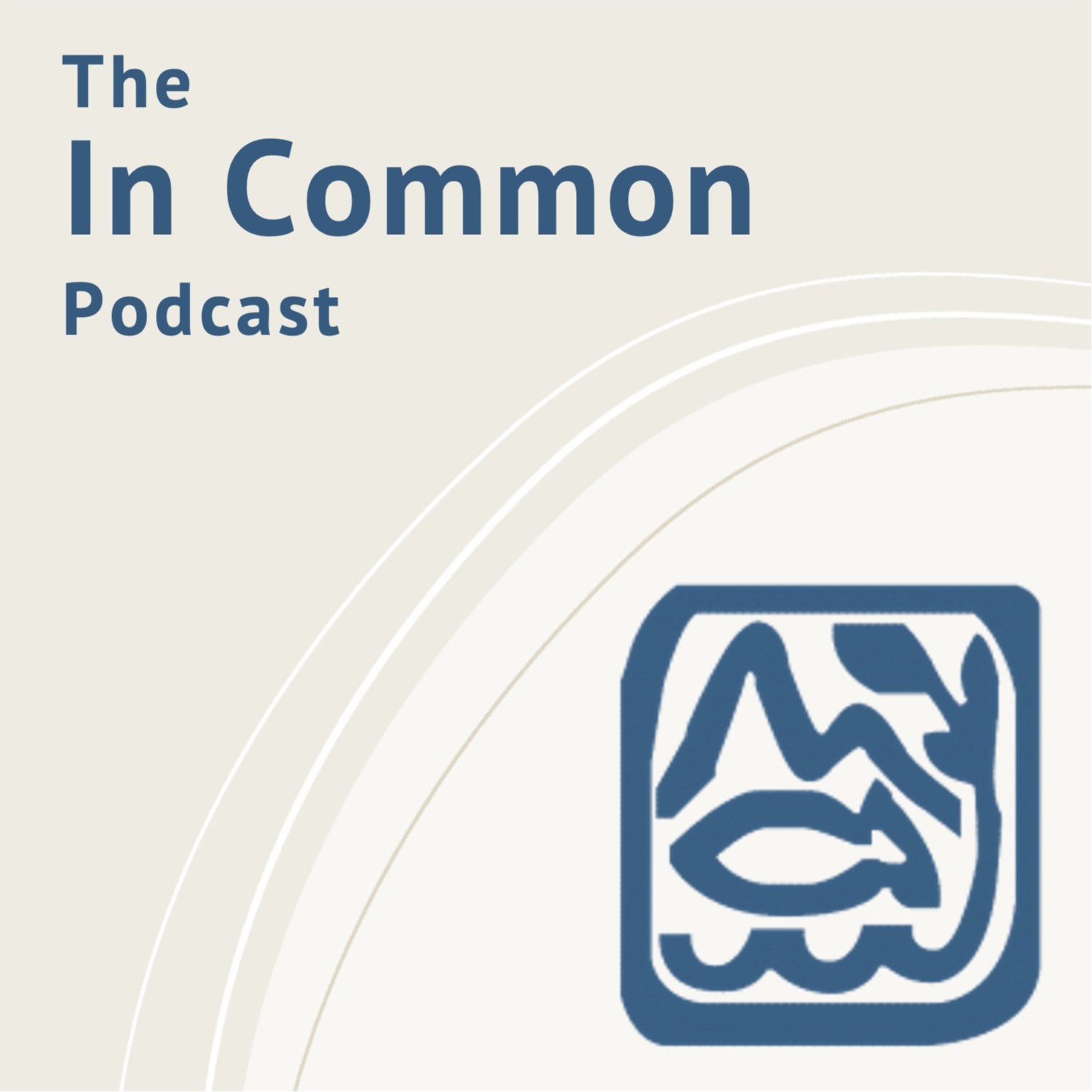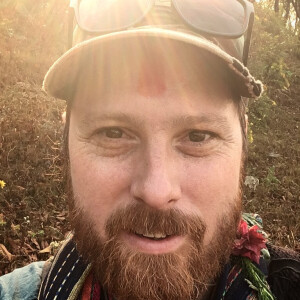
99.8K
Downloads
235
Episodes
In Common explores the connections between humans, their environment and each other through stories told by scholars and practitioners. In-depth interviews and methods webinars explore interdisciplinary and transdisciplinary work on commons governance, conservation and development, social-ecological resilience, and sustainability.
Episodes

Monday Feb 06, 2023
113: Conducting research on a large scale with Johan Oldekop
Monday Feb 06, 2023
Monday Feb 06, 2023
In this episode, Divya speaks with Dr. Johan Oldekop. Johan is a senior lecturer at the Global Development Institute at the University of Manchester. He conducts interdisciplinary research and uses large-scale publicly available datasets to understand tradeoffs and synergies between conservation and development outcomes.
In this conversation, they primarily focused on Johan’s work on the impact evaluation of the zero hunger program in Brazil and his parallel research exploring the links between forests and livelihoods in the global south.
For both these projects, Johan conducted large-scale research and worked with big datasets. As we discussed these projects, it was interesting to learn what working on a large scale with big datasets looks like, including its advantages and also some of the key limitations.
Johan shared that in his research on the impact evaluation of the zero hunger program, a program that was implemented to meet the sustainable development goal of reducing hunger in Brazil, he found that in addition to addressing hunger, the program also improves households’ access to nutrition and address the supply chain issues of agriculture production. Johan emphasized that it is important to evaluate and understand the multidimensional impacts of social protection programs so they can be implemented to their fullest potential and yield maximum benefits.
For his research on exploring forest-livelihood linkages in the global south, Johan’s research showed that forest management and restoration programs that prioritized community rights are more likely to reduce deforestation and poverty and eventually align with global goals for climate mitigation, environmental justice, and sustainable development.
In the end, Divya and Johan wrapped up the conversation with a discussion on Johan’s upcoming research project, which aims to examine the drivers of reforestation and sustainable forest transitions in India, Nepal, Brazil, and Mexico.
References:
Oldekop, J. A., Holmes, G., Harris, W. E., & Evans, K. L. (2016). A global assessment of the social and conservation outcomes of protected areas. Conservation Biology, 30(1), 133-141.
Oldekop, J. A., Sims, K. R., Karna, B. K., Whittingham, M. J., & Agrawal, A. (2019). Reductions in deforestation and poverty from decentralized forest management in Nepal. Nature Sustainability, 2(5), 421-428.
Hajjar, R., Oldekop, J. A., Cronkleton, P., Newton, P., Russell, A. J., & Zhou, W. (2021). A global analysis of the social and environmental outcomes of community forests. Nature Sustainability, 4(3), 216-224.
Oldekop, J. A., Rasmussen, L. V., Agrawal, A., Bebbington, A. J., Meyfroidt, P., Bengston, D. N., … & Wilson, S. J. (2020). Forest-linked livelihoods in a globalized world. Nature Plants, 6(12), 1400-1407.
Erbaugh, J. T., & Oldekop, J. A. (2018). Forest landscape restoration for livelihoods and well-being. Current Opinion in Environmental Sustainability, 32, 76-83.
Oldekop, J. A., Chappell, M. J., Peixoto, F. E. B., Paglia, A. P., do Prado Rodrigues, M. S., & Evans, K. L. (2015). Linking Brazil’s food security policies to agricultural change. Food Security, 7, 779-793.

No comments yet. Be the first to say something!